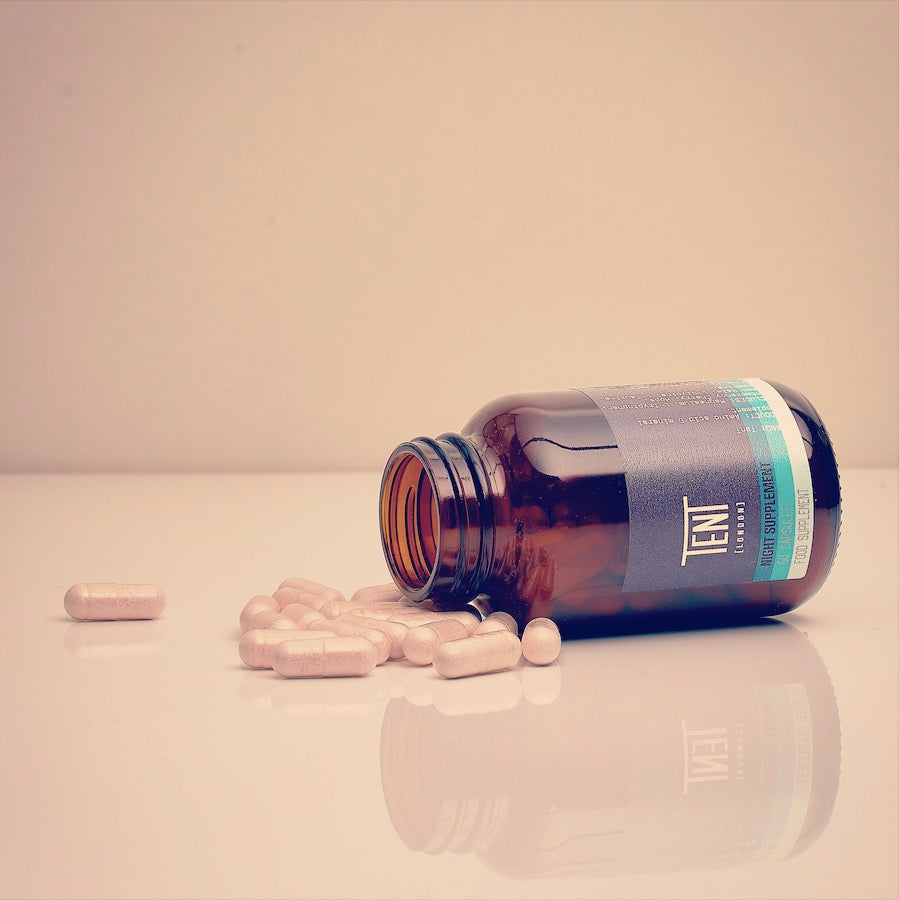
Sleep your way to better skin
Ever walk into work after a bad night of sleep and had someone ask if you're feeling okay?
When your sleep schedule is off, your face is the first place the consequences show up - dark circles, swelling, droopy eyelids, pale skin. There's even research showing that acute sleep deprivation and looking tired can cause others to perceive you as less healthy and attractive.
We're all well aware of the power of sleep for everything from better focus, mood, body composition, endurance, and creativity - but sleep is also the ticket to clearer, healthier, younger-looking skin.
And while we can't necessarily give you a better night of sleep (solidarity to all the parents and insomniacs out there), we can give you some tips to help make the most of your "beauty rest."
Sleep your way to better skin.
HOW DOES SLEEP AFFECT SKIN?
The science of sleep and skin is all about your circadian rhythm. During the day, your skin is in defence mode, protecting you from UV rays and free radicals. (And no, free radicals aren't some new political group - they are unstable compounds formed in your body due to pollution, environmental aggressors, and internal stress.)
Free radicals that aren't neutralised by antioxidants can affect cell DNA, and they can target the key proteins and lipids our skin needs for optimal function. It is key to eat the correct food or use products such as our skin supplement that include the nutrients that fight free radicals.
At night, your body - including your skin - transitions into repair mode. Anti-inflammatory and anti-stress hormones increase, blood flow increases, melatonin (which has antioxidant effects) production increases, the stress hormone cortisol decreases, and human growth hormone is released, all helping to repair and strengthen skin.
HOW TO OPTIMISE SLEEP FOR BETTER SKIN
There's plenty of advice out there for getting a better night's sleep. We're going to focus on how you can create the best possible conditions for your skin while you sleep.
1. Get as much sleep as possible. Yes, it's obvious. But it's also the most important piece of the puzzle for your health and your skin. Less sleep is associated with faster ageing and poorer skin recovery from environmental stressors.
2. Implement a night time skincare routine. Your face comes in contact with irritants, bacteria, and dirt all day, so it's key to wash up with a gentle cleanser and let your pores breathe at night. Follow up your cleansing with a light, but hydrating moisturiser (such as our face moisturiser) to lock in hydration.
3. Wash your pillowcase frequently. Your face touches your pillowcase for basically a third of your life, so it's important to make sure it's cleaned at least once a week.
If you're feeling really fancy, get higher thread count sheets or a silk pillowcase which can help reduce fine lines.
Bonus points: ditch the harsh chemicals, dyes, and fragrances in your laundry detergent, which can irritate your skin, and instead opt for a natural alternatives.
4. Sleep on your back. If you're a side sleeper, it can be hard to get used to, but sleeping on your back (especially with your head slightly elevated) allows fluid to drain rather than pooling and creating puffiness in your face.
Back sleeping also reduces the chance of "sleep lines" forming over time.
5. Chug water when you wake up. Poor sleepers experience significantly higher levels of Trans-Epidermal Water Loss (TEWL), which contributes heavily to skin ageing. Turns out good ol' water is the fountain of youth.
If you are feeling that you could use a better nights sleep then our sleep supplement is designed to help you get a great nights sleep.

